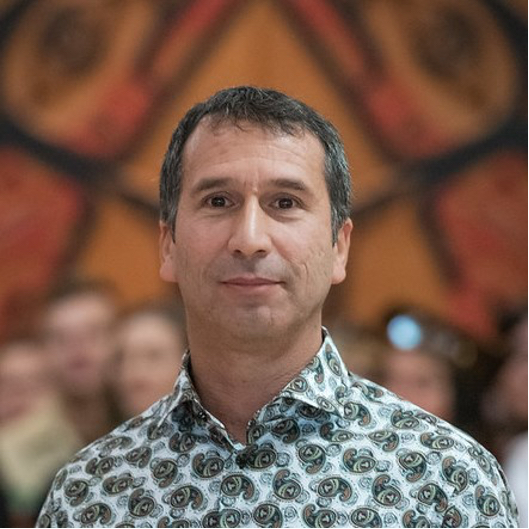Incorporating Indigenous Ways of Knowing into Architecture and Engineering Design and Delivery
Main Article Content
Abstract
Infrastructure projects play a significant role in shaping our communities and the impacts go far beyond the infrastructure itself. Embedded within are values that represent the end users and the ambitions of the community. Infrastructure holds the potential to elevate and honour the values of the Indigenous peoples on whose traditional territories projects are built. Including Indigenous ways of knowing in infrastructure projects can strengthen relationships between Indigenous communities, project stakeholders and the broader society as well as provide much needed local project input. In the Canadian context, the rebuilding and strengthening of respectful relationships is called reconciliation, and while often casually claimed, true reconciliation can be advanced only through fundamental shifts that produce real-world outcomes.
The inclusion of Indigenous ways of knowing is fraught with challenges and uncertainty for project owners and design teams. My Master of Applied Science thesis created a Framework to Incorporate Indigenous Ways of Knowing that can inform project owners on the preparation, optional methods, and continued responsibilities that they can implement in an effort to respectfully incorporate Indigenous knowledge in their projects. As a Ph.D. student, I am expanding my previous work to explore how an Indigenous-centered methodology could be utilized in this area.
Article Details

This work is licensed under a Creative Commons Attribution-NonCommercial 4.0 International License.

